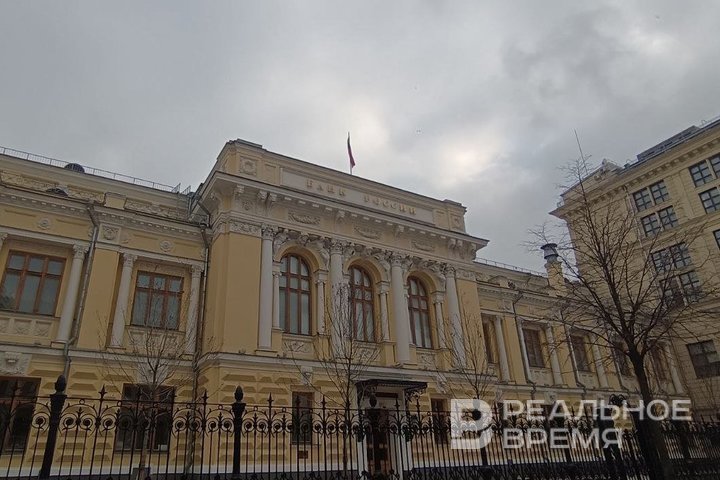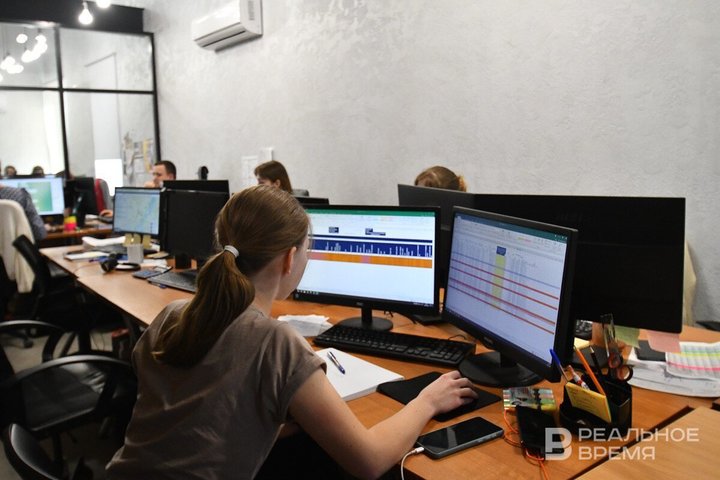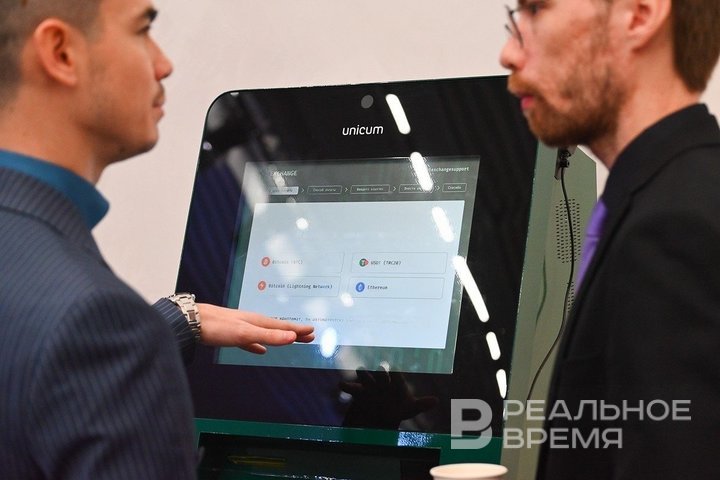‘There is no need to rush to introduce the digital ruble,’ experts say
Experts have assessed the Central Bank's proposal to oblige banks and companies to introduce the digital ruble from July 2025

The Central Bank continues to implement the digital ruble: now the regulator has proposed to oblige the largest banks and companies with revenues of 30 million rubles to introduce this currency next summer. Experts interviewed by Realnoe Vremya were divided on this issue. According to AB Digital CEO Dinar Samigullin, the initiative is not fraught with any risks, and the local financial and business sectors are ready for such changes. Head of the Analytical Department of BCF Management Maxim Osadchy is confident that there is no need to rush to introduce the digital ruble. Read more about it in a report of Realnoe Vremya.
A new round in the development of the digital ruble
The Central Bank of Russia has proposed to oblige companies with revenues of more than 30 million rubles and large banks to start accepting digital rubles from 1 July 2025. The regulator has sent proposals to amend the legislation to the Russian Ministry of Finance.
“It is planned to set deadlines for mandatory acceptance of payments in digital rubles for trade and service enterprises (TSEs). Companies with annual revenues of more than 30 million rubles will have to do this from 1 July 2025, more than 20 million rubles — from 1 July 2026, and all others — from 1 July 2027,” the regulator said in a statement.

In addition, by 1 July 2025, the largest banks will have to provide their clients with the ability to conduct transactions with digital rubles: open and top up digital ruble accounts, make transfers and accept digital rubles in their infrastructure.
The remaining banks with a universal license will get more time to finalise their systems: they will be given until 1 July 2026. Other credit institutions will have to meet the deadline by 1 July 2027.
“Businesses will need to implement a number of new processes”

In his opinion, for an ordinary consumer who actively uses digital payment methods, the process of paying with electronic currency will not differ from the usual one.
“Businesses will need to launch a number of new processes. The main issue will be in settlements between legal entities, as well as accounting and tax records,” Samigullin believes.

The speaker believes that the main issue of introducing the digital ruble is the benefit of banks:
“The main question: how will banks be able to earn money on these transactions? To carry out any transaction, the bank spends a certain amount of resources. If the bank cannot earn money on these transactions, then this will be an unprofitable service.”
In general, Samigullin is confident that the implementation of the idea does not carry any obvious risks.
“This innovation is associated with risks”
Another expert, Maxim Osadchiy, head of the Analytical Department of BCF, expressed the opposite opinion to Realnoe Vremya. In his opinion, the introduction of the digital currency of the Central Bank is associated with significant risks.

Osadchy believes that there is hardly any need to rush the introduction of the digital ruble. According to him, there is not a single example of a successful introduction of a digital currency in the world yet, it is worth waiting for at least one such case.
“In our country, unfortunately, there are many people, especially of retirement age, with an insufficiently high level of financial culture. In addition, the Internet is not available everywhere, and the banking network in many regions, especially remote ones, is underdeveloped. And in such a country, we are starting to implement a super innovation. Among the first in the world. The question is: who needs it and why?” he said.

The expert is sure: before implementing the idea, it is necessary to calculate the risks and assess the costs of banks and businesses from the implementation of the digital ruble.
“The implementation of the digital ruble requires highly qualified IT specialists. But where can we get them in the required number, given the mass outflow of programmers from Russia?” the speaker asked. “Haste in this matter is inappropriate. It is necessary to calculate the risks, costs and benefits.”
Osadchy noted that the process of introducing the digital ruble will inevitably contribute to inflation, since businesses will recoup their costs at the expense of consumers.
At the same time, Osadchy clarified that for large high-tech companies, the introduction of the digital ruble may be accompanied by relatively lower risks and costs. Attracting other enterprises may backfire.

“In addition, POS terminals are not adapted to this innovation, and there are millions of them in Russia,” the expert continued.
The speaker also focused on the issue of incentives for the population to use the digital ruble:
“What incentives do the population have to switch to digital rubles if interest is not accrued on balances? But, of course, it is possible to create the appropriate incentives by administrative means: transferring salaries to public sector employees exclusively in digital rubles, similar to the introduction of Mir card.”